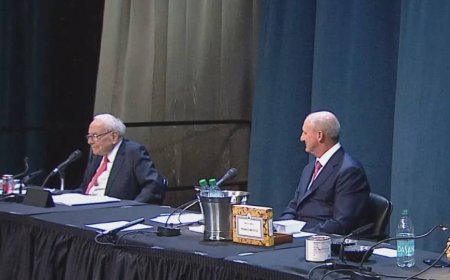National Bank of Moldova (NBM)
The National Bank of Moldova was set in 1991. The basic attributions of the Bank are as follows: • to formulate and to promote the state monetary and foreign exchange policy; • to act as banker and fiscal agent of the state; • to license, supervise and regulate the activity of financial institutions; • to supervise the payment system of the Republic of Moldova and to facilitate the efficient

The National Bank of Moldova was set in 1991. The basic attributions of the Bank are as follows: • to formulate and to promote the state monetary and foreign exchange policy; • to act as banker and fiscal agent of the state; • to license, supervise and regulate the activity of financial institutions; • to supervise the payment system of the Republic of Moldova and to facilitate the efficient functioning of the interbank payment system; • to issue the domestic currency; • to establish, through consultations with the Government, the foreign exchange regime of the national currency; • to manage foreign exchange reserves of the state; • to settle the balance of payments of the country; • to carry out the foreign exchange regulation on the territory of the Republic of Moldova, etc. The National Bank plays an important role in the process of transition of the Republic of Moldova to market economy. Since 1991 the National Bank of Moldova has worked out and implemented a range of efficient measures directed towards the stability of the monetary and credit environment. The most important step was the introduction on 29 November 1993 of the national currency - Moldovan Leu and the further promotion of an anti-inflationary monetary and credit policy. The galloping inflation was stopped and the domestic currency stabilized. In 1993 the inflation rate constituted 2705.7%, in 1994 - 104.6%, in 1995 - 23.8% (the lowest inflation rate in CIS), in 1996 - 15.1%, in 1997 - 11.2%; in 1998, following the regional financial crisis the inflation went up to 18.3%. In 1994, as a result of inflation decrease, the NBM refinancing rate became positive in real terms. In 1995 the Parliament of the Republic of Moldova approved the Law on the National Bank of Moldova and the Law on Financial Institutions. In accordance with the first Law the National Bank of Moldova is independent in exercising its attributions and is responsible to the Parliament. The second Law has as target the formation of a strong and competitive financial sector, the prevention of an excessive risk and the protection of depositors' interests. Starting with 1998, the National Bank of Moldova abandoned the practice of establishing the official exchange rate of the national currency against the US Dollar at the Foreign Currency Exchange and proceeded to calculate it based on the simple average of the weighted average exchange rates of the US Dollar purchases and sales against Moldovan Lei on the inter- and intrabank markets. That allowed to descentralize the local foreign exchange market in accordance with the developed countries’ practice. Following the elimination of the excessive risks within banks and the creation of the necessary conditions for the maintenance of the stability of financial situations in banks, on the basis of the market drivers’ actions, the deposits guarantee system was created starting with 1 July 2004, which covers, through its guarantees, about 90 per cent of physical persons’ deposits. All authorised banks are required to participate in the deposits guarantee system. The means aimed at deposits’ guaranteeing are accumulated based on the banks’ contributions, and the legal status of the deposits guarantee system ensures its legal, operational, financial and administrative independence. Within the context of compliance with the international standards, the National Bank of Moldova implemented in 2006 a new automated interbank payment system (AIPS). It is composed of the Real-time Gross Settlement System aimed at processing of large-value and urgent payments and the Designated-time Net Settlement System designed for processing of low-value payments. Thus, a modern infrastructure of payments was enforced, which determined important pre-requisites for rendering payment services of a brand new quality and for facilitating non-cash payments throughout the country.
Address: 7 Renasterii Avenue, MD-2005 Chisinau, Moldova
Phone: +373 2 221679
FAX: +373 2 220591


































































































































